Japanese-German Forum | 32nd Forum

At the 32nd Japanese-German Forum, held in Tokyo, Japanese and German politicians, policy experts, business leaders, and journalists discussed key bilateral topics including demographic changes, the impact of AI, and the upcoming US election.
JCIE Publication | A Growing Force: Civil Society’s Role in Asian Regional Security
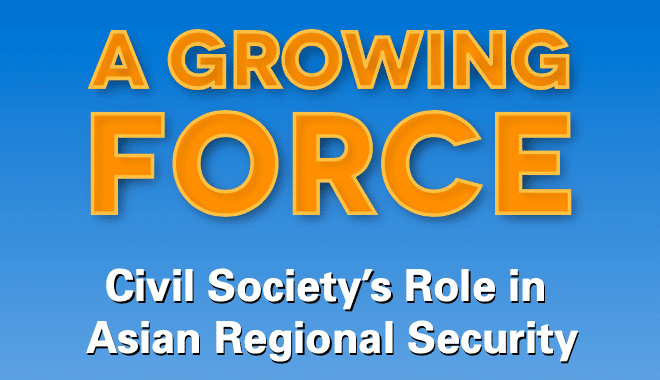
The authors explore the role of civil society organizations in responding to security threats in the five areas of piracy, disaster relief, human trafficking, health, and climate change, in order to analyze their effectiveness and what can be done to make them more successful.
JCIE Report | An Enhanced Agenda for US-Japan Partnership—Roundtable Report
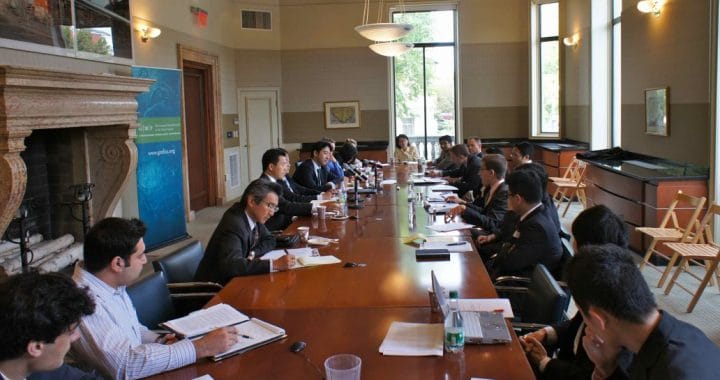
On September 16, 2011, more than 20 policy experts convened in Washington DC to explore the recent evolution of the US-Japan relationship at a roundtable discussion on “Domestic Political Change and the Agenda for US-Japan Partnership.” This report offers a summary of the findings.
JCIE Publications | Asia Pacific Security Outlook 2005
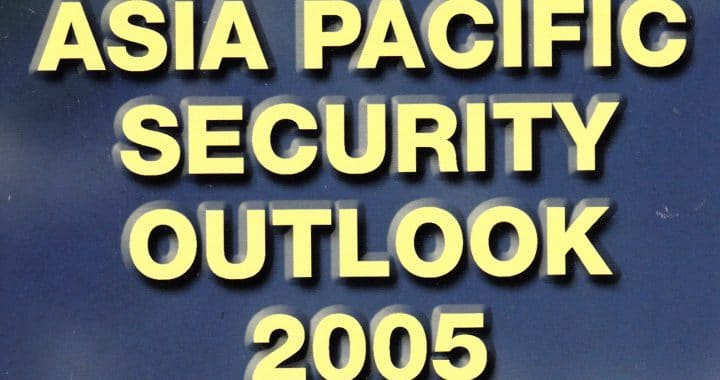
This edition focuses on the frailty of human security shown in the aftermath of the great tsunami in December of 2004, even in an era of technology and instant communication; it also discusses more traditional security issues.
JCIE Publications | Asia Pacific Security Outlook 2004

This edition assesses the security environment, defense issues, and regional and global cooperation from the perspectives of countries that participate in the ASEAN Regional Forum.
JCIE Publications | Asia Pacific Security Outlook 2001
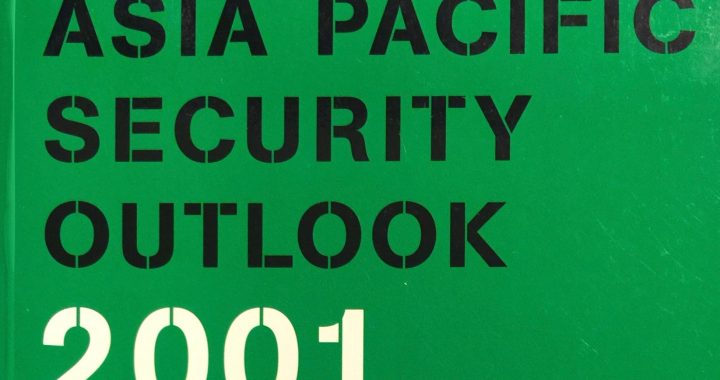
Asia Pacific Security Outlook presents national perceptions of regional security, key defense issues, and the contributions to regional and global security of twenty of the twenty-three member countries of the ASEAN Regional Forum.
JCIE Publications | Asia Pacific Security Outlook on CD-ROM

This collection of Asia Pacific Security Outlook from 1997 to 2001 offers readers a new format for reviewing and researching the salient security issues in the region at the closing of the century’s last decade.
JCIE Publications | Asia Pacific Security Outlook 2002
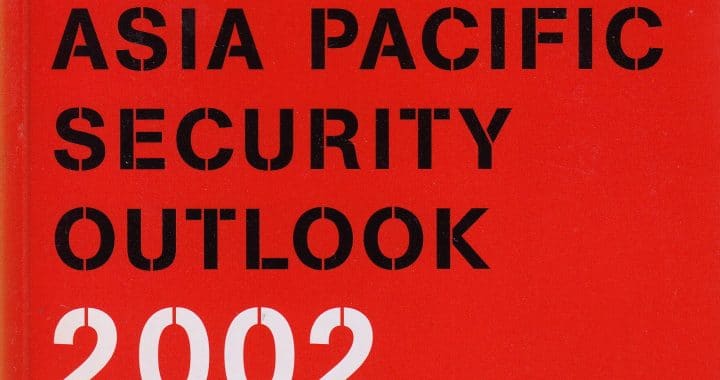
This edition focuses on the issues such as September 11 and the US-led efforts to combat terrorism, instability in Indonesia, and the evolving regional role of Japan, as well as the effects of these on Asia Pacific.
JCIE Publications | Containing Conflict: Cases in Preventive Diplomacy
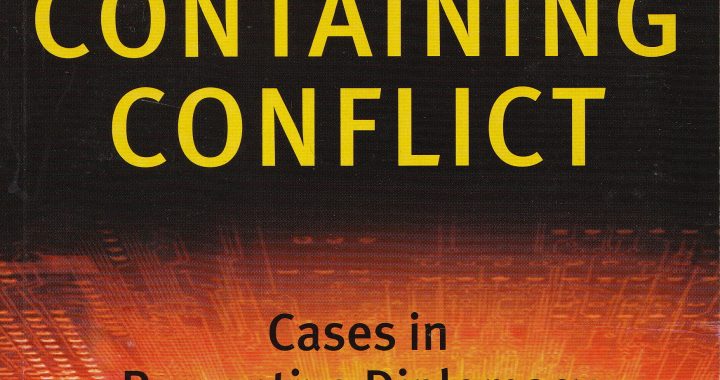
The authors analyze the international community’s responses to conflicts in locations such as the African Great Lakes region, helping them to draw lessons for managing regional conflict through preventive diplomacy.
JCIE Publications | Asia Pacific Security Outlook 2003
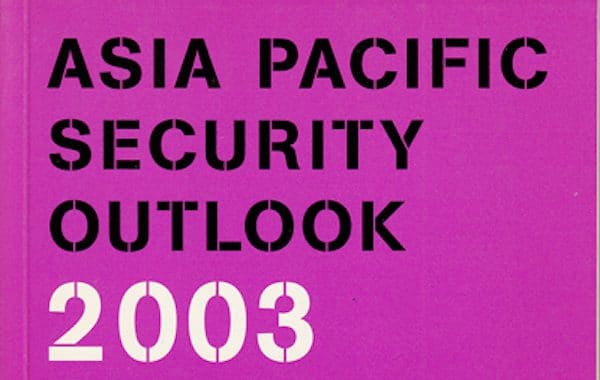
This edition of APSO includes regional experts’ analyses of terrorist activity, ranging from North Korea’s threat to resume its nuclear reprocessing to the impact of US policy toward Iraq.


